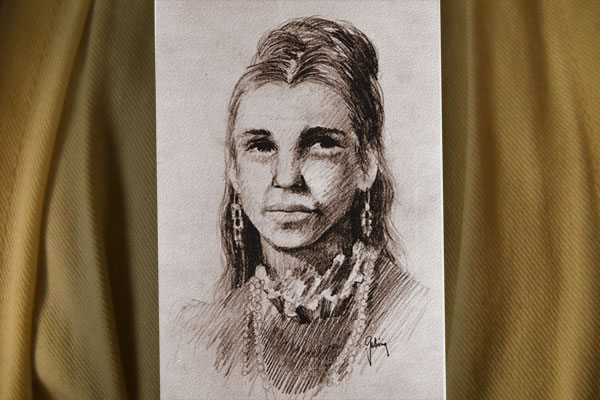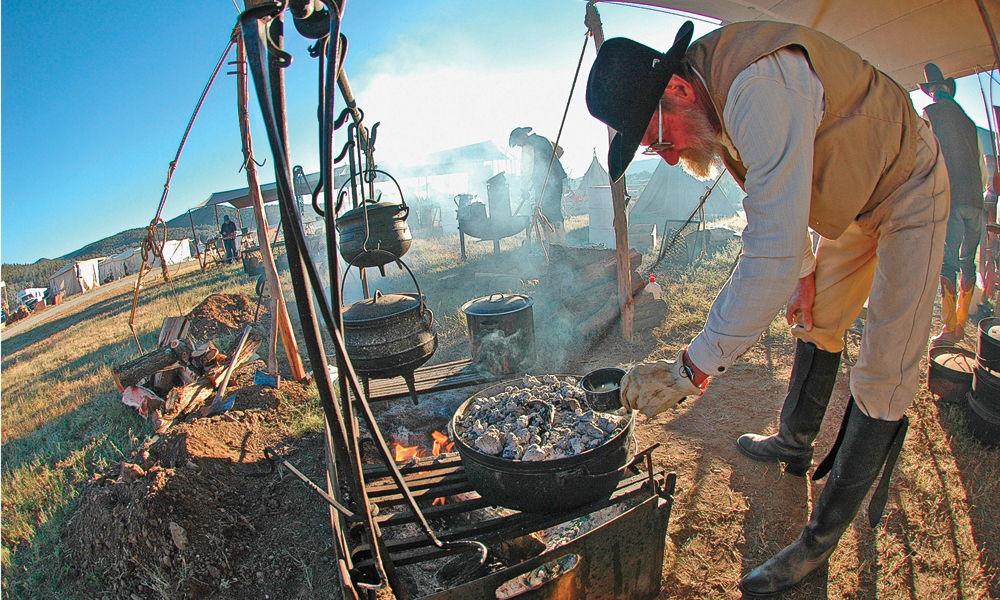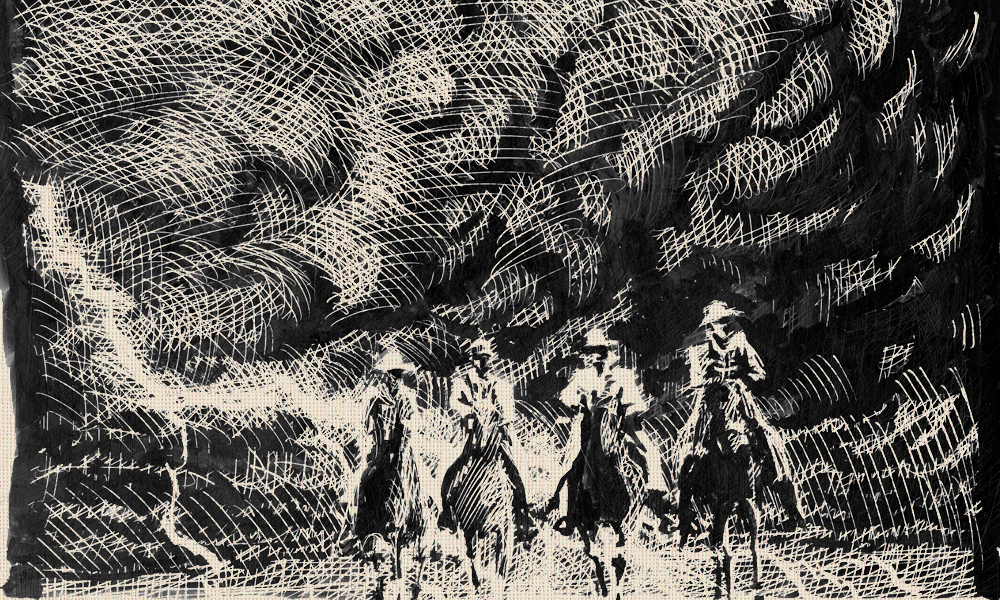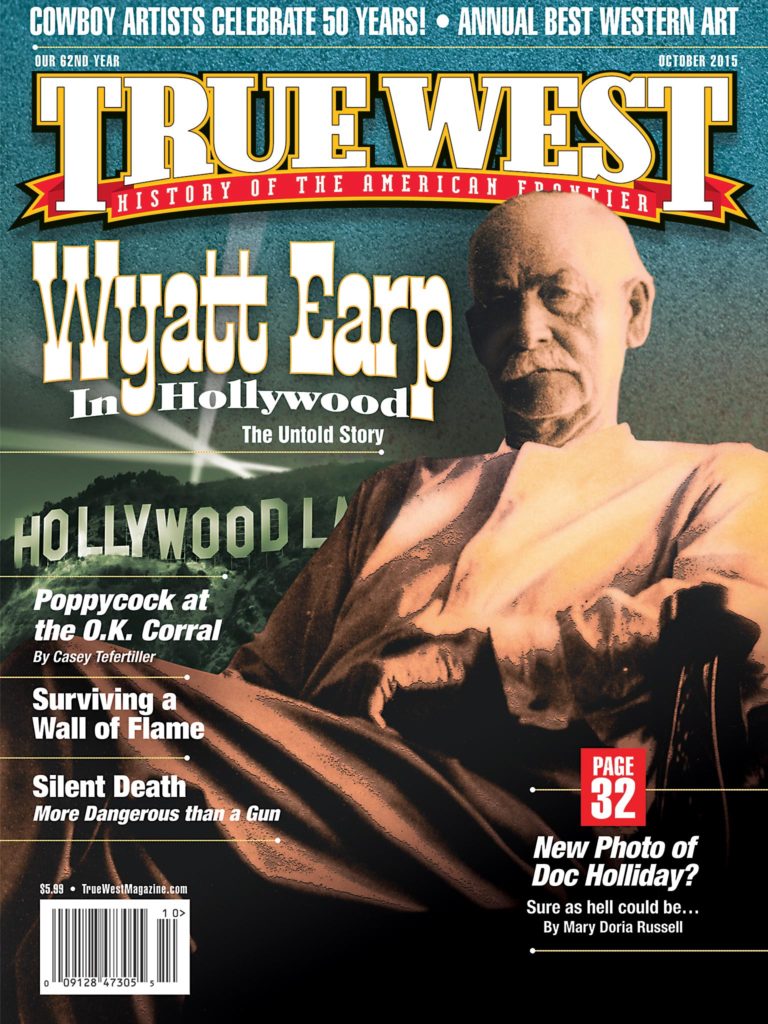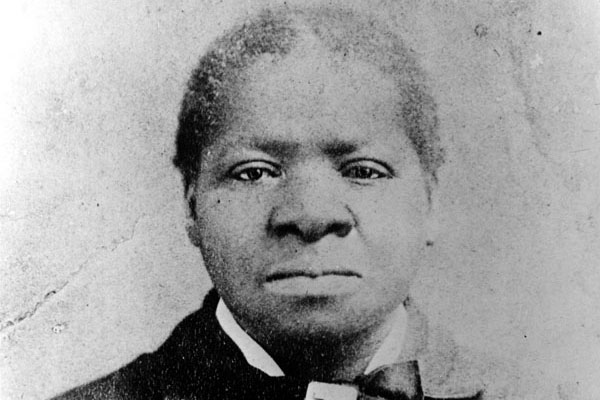
Biddy Mason walked from Mississippi to California behind her slave master’s wagon train, herding cattle, cooking meals and caring for her three daughters over the thousands of miles. She couldn’t know she was walking into history and would leave behind an inspiring example of the grit of the early American Black woman.
While California was a “free state,” in those pre-Civil War days, it allowed slaveholders to bring their slaves while they were “passing through.” But Biddy’s master hunkered down for four years, and by the time he decided to leave, Biddy had made lots of new friends.
They went to court, arguing she had been held in a free state illegally. On Jan. 19, 1856, a district judge freed Biddy, her daughters and 10 other slaves, giving them “freedom forever.” She went to work as a housekeeper for $2.50 a day and saved her money, amassing an amazing fortune that let her buy a chunk of land that is now downtown Los Angeles.
She founded the first black church and became a philanthropist renown in all of California. She died in 1891 but is remembered to this day, as California’s fourth graders learn all about her life in their study of early pioneers.


